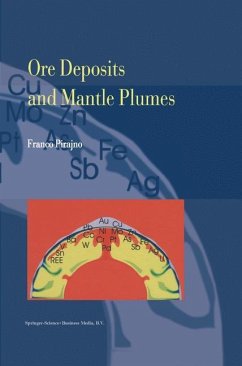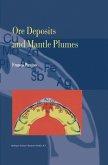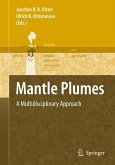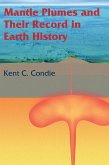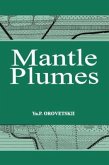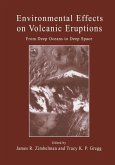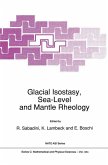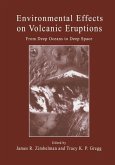PERTH Western Australia March 2000 Increasingly explorationists are seeking to find new ore deposits in poorly prospected areas, be they geographically remote, such as in the Arctic, or geologically remote, such as those under sedimentary cover. Modern prospecting techniques, including low-detection-level geochemistry and the use of advanced geophysical instrumentation have greatly assisted explorers but fundamental to any soundly based exploration program remains an understanding of the geological framework of ore deposits. This allows the development of deposit models on macroscopic and mesoscopic scales. This book by Dr. Franeo Pirajno draws on his extensive and wide global experience. To set the scene for a discussion of ore deposit generation Franeo details the Earths internal structures and mantle dynamics. He then explores the impact of mantle plumes on the crust and in particular their role in the production of magmatic environments, and in continental scale rifting. Thisincludes a descriptive section on magmatic provinces around the globe, which highlights the importance of plumes. Any study of Earth processes needs to take into account the effects of extraterrestrial bombardment, and in particular the results from the impacts of large bolides. The effects of these impacts on the atmosphere and on life have now been recognised as profound. It is likely that the effect ofthese impacts on the Earth's crust is as equally profound.
Bitte wählen Sie Ihr Anliegen aus.
Rechnungen
Retourenschein anfordern
Bestellstatus
Storno

